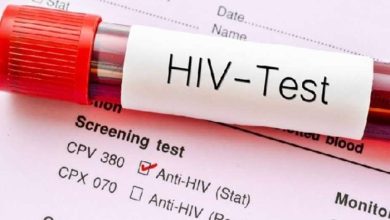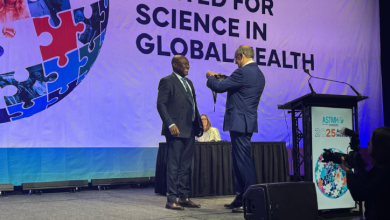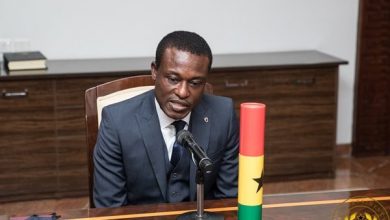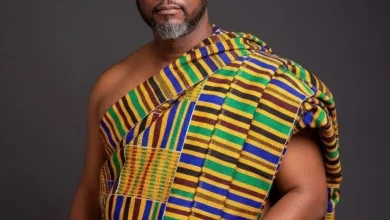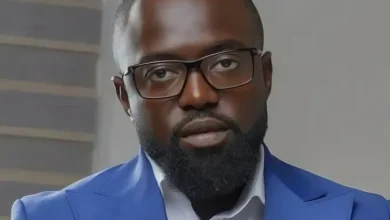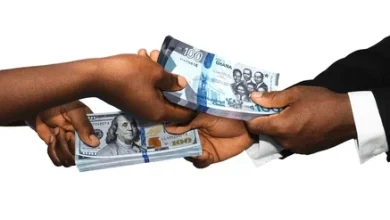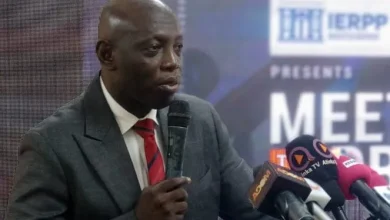Ghana’s Supreme Court Splits on Chief Justice’s Suspension and Removal Proceedings
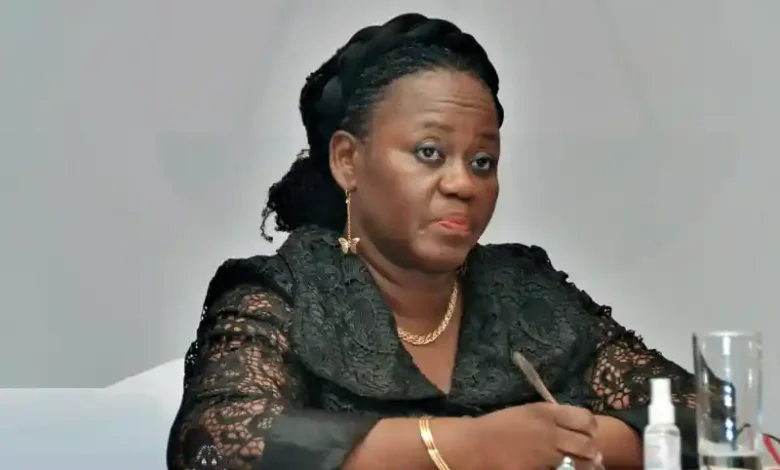
The highest court of the land, known constitutionally as the Supreme Court of Ghana, is sharply divided about the suspension and ongoing hearings relating to the removal of the 15th Chief Justice of the Republic, Justice Gertrude Araba Esaaba Sackey Torkornoo.
Chief Justice Torkornoo was suspended from office by the President of the Republic, John Dramani Mahama, on 22 April 2025.
The president’s actions, which are said to be grounded in Article 146 (10) of the 1992 constitution, were inspired primarily by three petitions that the president received seeking the removal of the Chief Justice from office.
A group calling itself Shining Stars of Ghana submitted the first petition to the president on 14 February 2025. Kingsley Agyei, who describes himself as the chairman and convenor of Shining Stars of Ghana, signed the petition.
The second petition, presented to the president by Daniel Ofori, is dated Monday 17 March 2025. The petitioner essentially lists 21 allegations of misbehaviour and four allegations of incompetence, all of which relate to the Chief Justice’s discharge of her administrative roles and functions as the head of the judiciary.
Assistant Commissioner of Police (ACP) Ayamga Yakubu Akolgo Esq, a senior police officer in the Ghana Police Service stationed at the national Police Headquarters in Accra, is the third and final petitioner to submit a petition to the president for the removal of the Chief Justice from office.
Like the petition from Shining Stars of Ghana, Akolgo’s submission was made on 14 February 2025.
Challenges to constitutionality
Since the Office of the President announced that it had triggered the process for the removal of the Chief Justice based on Article 146 (6 to 10) of the 1992 constitution, after receiving about five petitions seeking the removal of the Chief Justice, three different applications have been filed at the Supreme Court challenging the constitutionality of the process.
The first case filed was entitled Vincent Assafuah vs Attorney General. The second was Centre for Citizenship, Constitutional and Electoral Systems (CenCES) vs Attorney General (the first defendant), Her Ladyship Chief Justice Gertrude Araba Esaaba Sackey Torkornoo (the second defendant) and His Lordship Justice Gabriel Scott Pwamang (the third defendant) and the last case brought at the Supreme Court is by Theodore Kofi Atta-Quartey against the Attorney General.
In the first case (Vincent Assafuah vs Attorney General), the members of the five-member panel that sat and determined the matter were Justices Paul Baffoe-Bonnie, Issifu Omoro Amadu Tanko, Henrietta Mensa-Bonsu, Yonny Kulendi and Ernest Gaewu.
In the Centre for Citizenship, Constitutional and Electoral Systems (CenCES) vs Attorney General and two others and Theodore Kofi Atta-Quartey vs Attorney General cases, the five-member panel included Justices Paul Baffoe-Bonnie, Issifu Omoro Amadu Tanko, Yonny Kulendi, Henry Anthony Kwofie and Yaw Asare Darko.
In the case of Vincent Assafuah the Supreme Court dismissed the application by a majority decision of 3:2, with Justices Henrietta Mensa-Bonsu and Ernest Gaewu dissenting. In the two other cases, the Supreme Court dismissed both applications by a 4:1 majority decision, with Justice Yaw Asare Darko dissenting.
Positions on process
Seven justices of the Supreme Court have sat as panel members in the three cases.
Three members of the Supreme Court – Justices Paul Baffoe-Bonnie, Issifu Omoro Amadu Tanko and Yonny Kulendi – have sat on all three panels, and in all three cases they elected to dismiss the applications. Justice Henry Anthony Kwofie sat on two panels and also decided to dismiss the two applications (CenCES and Theodore Kofi Atta-Quartey vs Attorney General).
Two other justices of the Supreme Court, Henrietta Mensa-Bonsu and Ernest Gaewu, who sat on the Vincent Assafuah case, dissented. Justice Yaw Asare Darko, who sat on the two panels that determined the CenCES and Theodore Kofi Atta-Quartey vs Attorney General cases, also dissented.
By this development, it is the writer’s considered opinion that the country’s apex court, which currently has 12 actively serving justices, is very divided about the suspension of the Chief Justice and the removal process that has been triggered and is ongoing.
This is so because, out of the seven justices, four can be said to agree with the ongoing process, while three do not agree.
The views of the seven are known because they have had the opportunity to be empanelled to adjudicate three cases that have come before the court thus far. The question which remains is whether the five justices who have not been empanelled yet will have the opportunity to participate in future hearings concerning the Chief Justice’s removal saga.
What is perhaps even more interesting is that two of the remaining five Supreme Court justices (Gabriel Scott Pwamang and Samuel Adibu-Asiedu) are on the five-member committee probing the Chief Justice petition cases and are, therefore, automatically barred from sitting on any existing or future applications to the court relating to the Chief Justice.
The remaining three judges who are yet to play any role in a Chief Justice-related case are Her Ladyship Justice Avril Lovelace Johnson, His Lordship Justice George Kingsley Koomson and His Lordship Justice Richard Adjei-Frimpong.
The dynamics get even more intriguing if you consider that President John Dramani Mahama has nominated seven Court of Appeal judges to the Supreme Court, but their appointments are pending parliamentary approval. Parliament is scheduled to resume sitting on Tuesday (27 May 2025); we wait to see how soon the seven Supreme Court nominees will be vetted and approved.


